Filter by
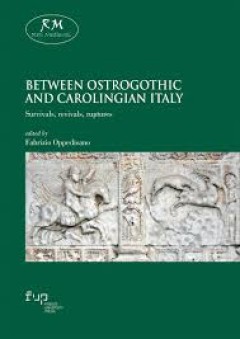
Between Ostrogothic and Carolingian Italy
- Edition
- -
- ISBN/ISSN
- 9788855186643
- Collation
- 262
- Series Title
- -
- Call Number
- -
- Edition
- -
- ISBN/ISSN
- 9788855186643
- Collation
- 262
- Series Title
- -
- Call Number
- -

"The Plague Cemetery of Alghero, Sardinia (1582-1583) ": The Bioarchaeologica…
"The Plague Cemetery of Alghero (Sardinia, Italy, 1582-1583) presents a bioarchaeological analysis of the individuals exhumed from the cemetery of Alghero, which is associated with the plague outbreak that ravaged the city in 1582-1583. This cemetery revealed a particular burial typology, consisting of long and narrow trenches, each containing multiple inhumations, which attests to a catastroph…
- Edition
- -
- ISBN/ISSN
- 9781803270777
- Collation
- -
- Series Title
- -
- Call Number
- -
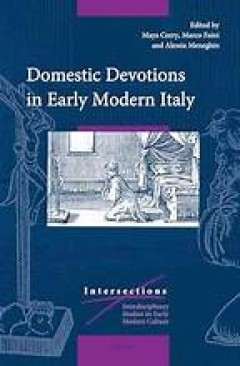
Domestic Devotions in Early Modern Italy
Domestic Devotions in Early Modern Italy illuminates the vibrancy of spiritual beliefs and practices which profoundly shaped family life in this era. Scholarship on Catholicism has tended to focus on institutions, but the home was the site of religious instruction and reading, prayer and meditation, communal worship, multi-sensory devotions, contemplation of religious images and the performance…
- Edition
- -
- ISBN/ISSN
- 978-90-04-37587-1
- Collation
- oer.unej.ac.id
- Series Title
- Intersections, Volume: 59/1
- Call Number
- -
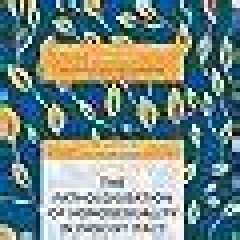
The Pathologisation of Homosexuality in Fascist Italy
This open access book investigates the pathologisation of homosexuality during the fascist regime in Italy through an analysis of the case of G., a man with "homosexual tendencies" interned in the Collegno mental health hospital in 1928. No systematic study exists on the possibility that Fascism used internment in an asylum as a tool of repression for LGBT people, as an alternative to confineme…
- Edition
- 1
- ISBN/ISSN
- 978-3-030-00994-6
- Collation
- oer.unej.ac.id
- Series Title
- Genders and Sexualities in History
- Call Number
- 307

Architecture, poetry, and number in the royal palace at Caserta
Although Vanvitelli was one of the most notable architects of his century, as Caserta was one of its major buildings, this study by a leading scholar of Baroque and Neapolitan architecture is the first book in English on the architect and his masterpiece.The great palace of Caserta, near Naples, probably the largest building erected in Europe in the eighteenth century, became an archetypal expr…
- Edition
- -
- ISBN/ISSN
- 0262368110
- Collation
- 1 online resource (318 pages) :illustrations (some color).
- Series Title
- -
- Call Number
- -
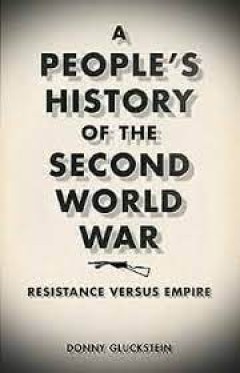
A People's History of the Second World War Resistance Versus Empire
A People's History of the Second World War unearths the fascinating history of the war as fought 'from below'. Until now, the vast majority of historical accounts have focussed on the conflict between the Allied and Axis powers for imperialist mastery. Donny Gluckstein shows that in fact between 1939 and 1945 two distinct wars were fought – one ‘from above’ and one ‘from below’. Using…
- Edition
- -
- ISBN/ISSN
- 9781849647205
- Collation
- -
- Series Title
- -
- Call Number
- -
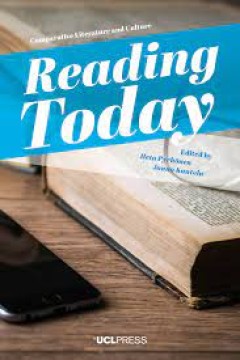
Reading Today
New technologies are changing our reading habits. Laptops, e-readers, tablets and other handheld devices supply new platforms for reading, and we must learn to manage them by scrolling, clicking or tapping. Reading Today places reading in current literary and cultural contexts in order to analyse how these contexts challenge our conceptions of who reads, what reading is, how we read, where we r…
- Edition
- -
- ISBN/ISSN
- 9781787351950
- Collation
- -
- Series Title
- -
- Call Number
- -
 Computer Science, Information & General Works
Computer Science, Information & General Works  Philosophy & Psychology
Philosophy & Psychology  Religion
Religion  Social Sciences
Social Sciences  Language
Language  Pure Science
Pure Science  Applied Sciences
Applied Sciences  Art & Recreation
Art & Recreation  Literature
Literature  History & Geography
History & Geography